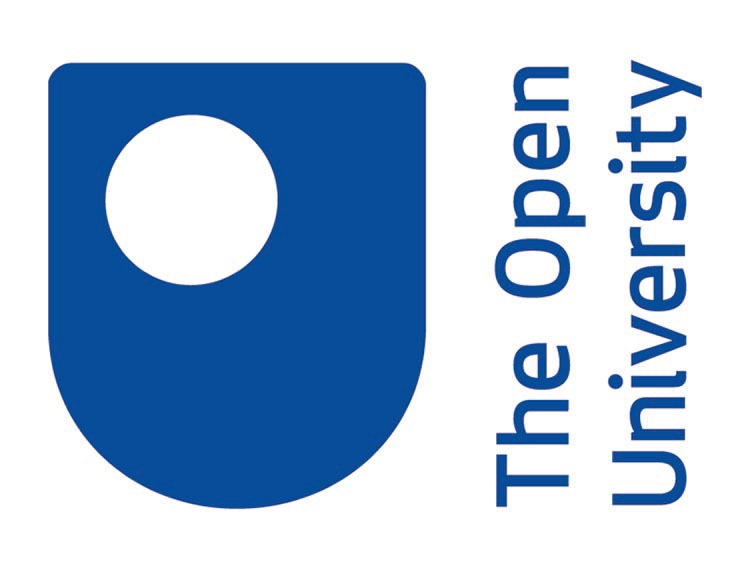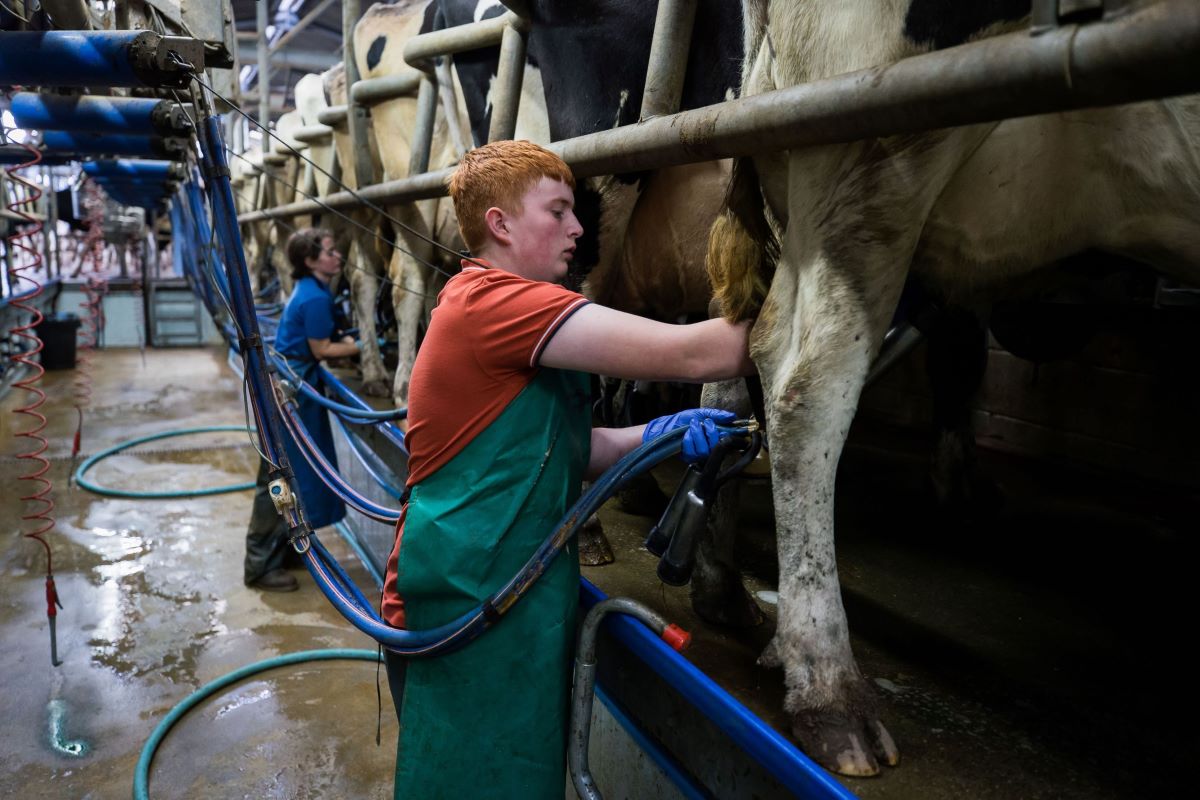THE £2.2 BILLION COST OF THE SKILLS GAP

The skills gap is costing UK businesses more than £2 billion a year in higher salaries, recruitment costs and temporary staffing, according to research from The Open University.
The Open University Business Barometer – which monitors the skills landscape of the UK – finds that 90 per cent of employers have found it difficult to recruit workers with the required skills in the last 12 months, and some have had to inflate salaries to attract talent above market rate, costing at least £527 million alone.
The findings come at a time when the UK has the lowest unemployment rate since 2005, and those in work are reluctant to move jobs due to continued Brexit uncertainty. At the same time, the lack of clarity about future immigration rules is putting off some EU nationals from taking up roles in the UK.
As a result, the recruitment process is taking longer for three quarters (75%) of employers – an average of one month and 24 days more than expected – which means many will have incurred additional costs in the form of recruitment fees and hiring temporary staff, estimated to be at least £1.7 billion.
Talented workers with strong skill sets are in high demand, and are now able to command a higher salary. More than half (56%) of businesses had to increase the salary on offer for a role well above market rate to get the skills they required in the last 12 months, with the average increase amounting to a hefty £4,150 per hire for SMEs and £5,575 per higher for larger organisations.
Managerial roles are proving particularly difficult to fill, with one in five struggling to hire both senior managers (21%) and mid-level managers (19%), and more than two in five (43%) finding candidates lack management skills. At the same time, around half (47%) of employers say that they are struggling to attract talent with the right IT skills, despite the crucial role digital skills play in the UK economy.
Many employers (53%) were unable to find a candidate with the required skill set and chose to hire at a lower level as a result. More than half (53%) are using training to boost these new employees’ skills and to bring them up to the level required for the role.
Over the next year, employers are planning to change the type of training they offer to their staff, with the number of organisations in England offering apprenticeships expected to nearly double from 31 per cent, to 59 per cent – most likely as a result of the new apprenticeship levy, introduced in April. Just over half (52%) of employers in England expect the levy to reduce the skills gap in the next year, with three in five (62%) viewing it as an opportunity for their organisation.
Despite this positivity from organisations, seven in 10 (69%) businesses believe they will struggle to hire people with the right skills in the next 12 months, implying certain skills may take longer to build. With three in five (58%) employers saying the skills shortage has damaged their organisation, it is important that they ensure their training programmes provide their staff with the skills they require, in a way that allows them to put their new knowledge into practice in the workplace as soon as possible.
 Steve Hill, External Engagement Director at The Open University, said: “The UK challenge of finding talent with the right skills means that businesses need to look at recruitment, development and retention differently. Now faced with a shrinking talent pool, exacerbated by the uncertainties of Brexit, it is more important that employers invest in developing their workforce.
Steve Hill, External Engagement Director at The Open University, said: “The UK challenge of finding talent with the right skills means that businesses need to look at recruitment, development and retention differently. Now faced with a shrinking talent pool, exacerbated by the uncertainties of Brexit, it is more important that employers invest in developing their workforce.
”Organisations need an agile workforce that can embrace change and meet new challenges. The cost of the skills gap to the UK economy shows it must become a business and government priority to build the skills and capabilities of each individual through investing in talent at all levels. The Open University has a number of offerings, such as degree apprenticeships, which help to future-proof UK businesses and enable lifelong learning, as well as enabling greater social mobility by increasing opportunities.”
The full findings of the report will be presented to MPs and Peers at an event in the Houses of Parliament on 11 July.
About The Open University: The Open University (OU) is the largest academic institution in the UK and a world leader in supported, flexible distance learning. Since it began in 1969, the OU has worked with over 2,400 organisations, taught more than 2 million students and has almost 180,000 current students, including more than 7,000 overseas.
76% of students are in full-time or part-time employment, and 88% of FTSE 100 companies have sponsored staff to take OU courses.
In the latest assessment exercise for university research (Research Excellence Framework, 2014), nearly three quarters (72%) of The Open University’s research was assessed as 4 or 3 star – the highest ratings available – and awarded to research that is world-leading or internationally excellent. The Open University is unique among UK universities having both an access mission and demonstrating research excellence.
Regarded as Britain’s major distance learning institution, the OU is a world leader in developing technology to increase access to education on a global scale. Its vast ‘open content portfolio’ includes free study units on OpenLearn, which received 5.9million unique visitors in 2015/16, and materials on iTunes U, which has recorded more than 70 million downloads.











Responses